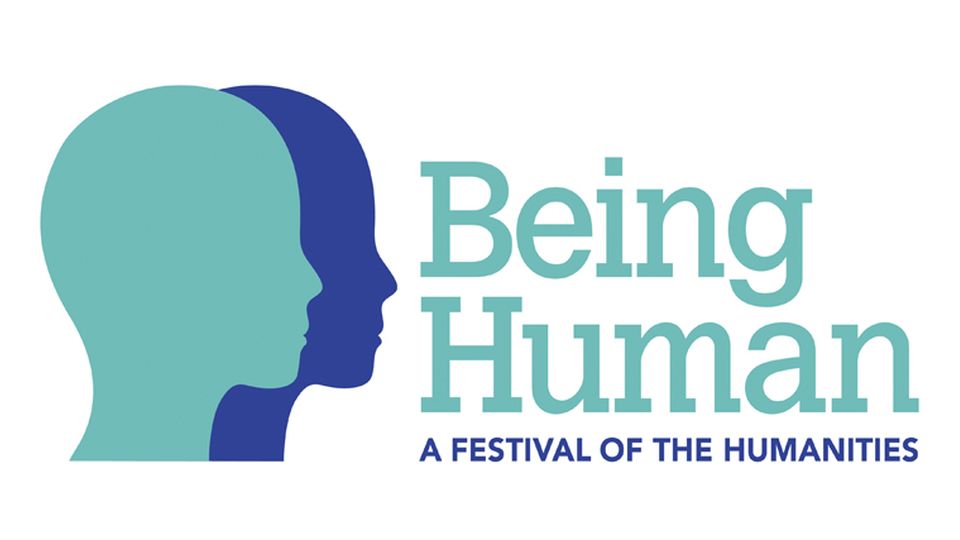Dr Sylvan Baker takes part in the 2022 Being Human Festival

In November, Central’s Dr Sylvan Baker (Senior Lecturer in Community Performance Applied Theatre) is involved in two projects as a part of the 2022 Being Human Festival.
The Being Human Festival is the UK’s national festival of the humanities. A celebration of humanities research through public engagement, it is led by the School of Advanced Study, University of London, the UK’s national centre for the pursuit, support and promotion of research in the humanities. The festival works in partnership with the Arts and Humanities Research Council and the British Academy, and with generous support from Research England, to support humanities public engagement across the UK.
Every year, the Festival helps researchers in the humanities – from literature and history, languages and philosophy, art history and classics, and more – produce enjoyable events for public audiences that emphasise working with local communities to share ideas for mutual benefit.
On Friday 11 November, Dr Baker’s work featured as a part of Lost and Foundling: Exploring the complex stories of people in care.
The event was part of a 7-year participatory process with care-experienced young adults led by The Verbatim Formula and People’s Palace Projects. In partnership with the Foundling Museum in London and a team of artists, researchers, and performers, we will discover and extend histories and practices of artistic care.
Young people have repeatedly said that there could be more space for trust and empathy in the way in which adults care for young people. The event sought to explore what can make magical moments in care, moments that matter. Moments that live long in the memory.
Using verbatim, storytelling, beatboxing and dance, care-experienced young people shared uplifting and challenging reflections on the care system. The performance explored the positive potential of foster care through creative practices with the hope of changing the stigma and negativity attached to being in care.
“Being able to work alongside our care experienced researchers in responding to the historical archives in the Foundling Museum, it was somewhat surprising to reflect on what has changed since the Foundling Hospital was instituted in 1739, and what has not.”
Then, on Friday 18 November, Dr Baker’s work features in My Emotions and Me: a journey behind the mask.
The work is a part of a new piece of exciting research into neurodiversity and the health of young minds. It brings together a team of neurodivergent young researchers, with scientists and artists to explore how collaboration, co-research and partnership can develop a better understanding of neurodiversity for all.
This youth-led interactive event at Science Gallery London is an opportunity to hear from neurodivergent young people & those who research them, share your experiences, identify gaps in understanding about neurodiversity and wellbeing and what might need to change.
‘My Emotions and Me’ is part of a wider MRC-funded programme, called RE-STAR (Regulating Emotions – Strengthening Adolescent Resilience), led by Professor Edmund Sonuga-Barke, and collaborating researchers from a range of disciplines including, psychology, psychiatry and neuroscience alongside work from Dr Sylvan Baker.
“The aim of Re-STAR is to collaboratively develop resources that support neuro divergent adolescents. Our event at the Science Gallery London platform is the perspective of neuro divergent young people and invites all of the other stakeholders in the situation; teachers, parents & carers, along with Neurotypical students to consider the impact of having to navigate a world which is aligned for Neurotypicality, when you are neuro divergent. Using creative processes we invited all of those mentioned above to reflect on how this might feel for neuro divergent people.”
Find out more about the Being Human Festival by visiting its website.
Listen to Dr Baker discuss his research on Season 3, Episode 3 of the Discover Central podcast.
